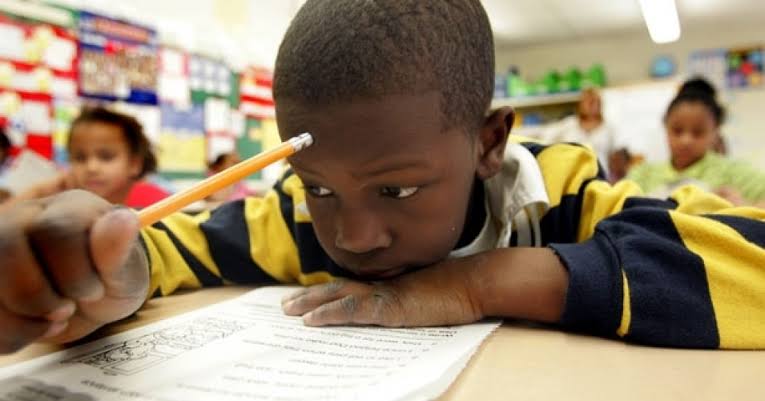The Effects of Standardized Testing on Childhood Education

The Effects of Standardized Testing on Childhood Education
Standardized testing has become a ubiquitous part of childhood education, with many schools and districts relying on these tests to measure student learning and progress. However, the effects of standardized testing on childhood education are multifaceted and far-reaching.
On one hand, standardized testing can provide a snapshot of student knowledge and understanding at a particular point in time, helping teachers and administrators identify areas where students may need additional support. However, the high-stakes nature of these tests can also lead to teaching to the test, where educators focus on test-taking strategies and rote memorization rather than deep learning and critical thinking.
The pressure to perform well on standardized tests can also have a profound impact on students’ emotional and mental well-being, leading to anxiety, stress, and decreased motivation. Furthermore, standardized testing can perpetuate systemic inequalities, as students from disadvantaged backgrounds may not have equal access to test preparation resources and support.
Moreover, the emphasis on standardized testing can also lead to a narrow focus on tested subjects, such as math and reading, at the expense of other important areas of learning, like arts, music, and physical education. This can result in a lack of creativity, critical thinking, and problem-solving skills in students.
Ultimately, while standardized testing may provide some useful data, its effects on childhood education are complex and multifaceted. By recognizing the limitations and potential drawbacks of standardized testing, educators and policymakers can work towards creating a more balanced and holistic approach to assessment and education.
